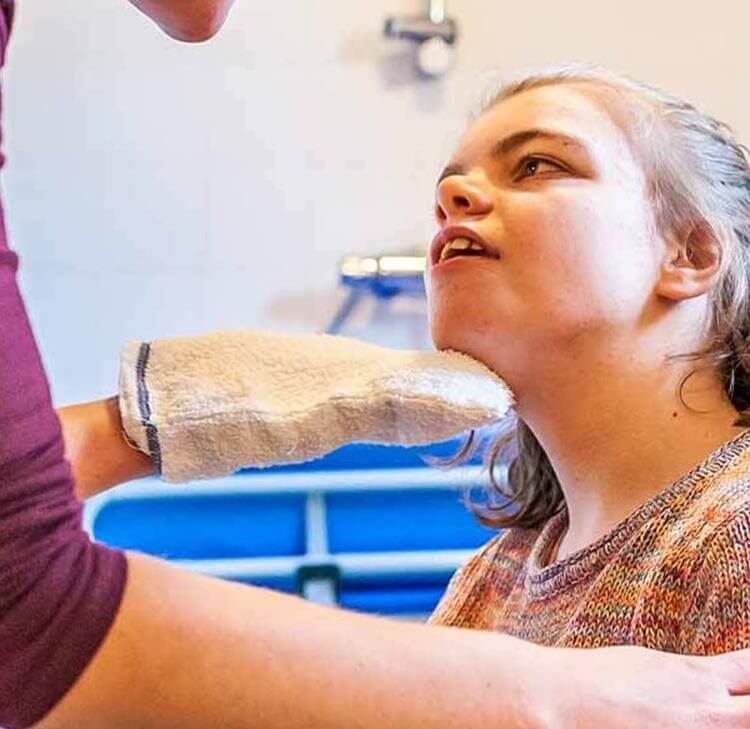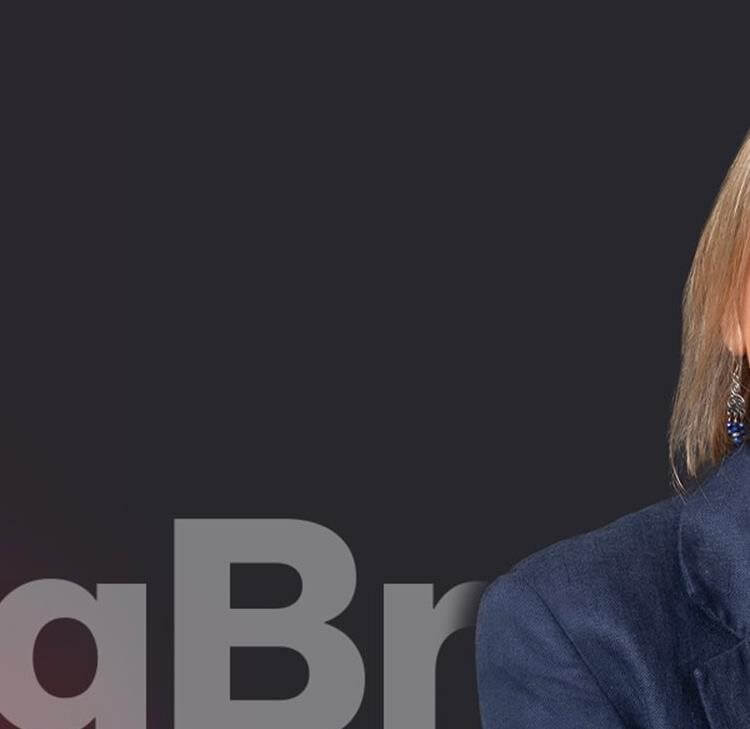There have been some interesting developments in the realm of mental health law recently.
In this article, we:
- highlight the terms of reference announced by the Health Services Safety Investigations Body (HSSIB) for the investigations it is conducting into mental health inpatient settings,
- review the latest guidance published by the Department of Health and Social Care (DHSC) regarding discharge from mental health inpatient settings, summarise the recently published Mental Health Act statistics for 2022/23, and
- examine a case which considers whether an Associate Hospital Manager can be classified as a 'worker' under employment law.
HSSIB terms of reference for investigations into mental health inpatient settings
HSSIB has published terms of reference for the series of investigations it is conducting into mental health inpatient settings, as directed by the Secretary of State for Health and Social Care.
The proposed investigations will include:
- How providers learn from inpatient mental health deaths, and use that learning to improve services.
- The provision of safe care during the transition from children and young person services to adult inpatient mental health services.
- Out of area placements and the impact these have on safety.
- Creating the conditions for staff to deliver safe and therapeutic care.
In conducting the investigations, HSSIB will be talking to national partners across the healthcare system in England, as well as to organisations that represent healthcare staff, patients and families, including care providers, regulators, professional bodies, voluntary and charitable organisations that represent patient and family groups and MPs.
Of particular note, HSSIB has said that any evidence gathered during the investigations will be given full protection from disclosure, as it is crucial that those impacted by poor care and those who work on the frontlines of mental health inpatient settings can share their experience, reassured that HSSIB will use this information to improve care and not to find blame or fault with individuals or organisations.
The findings from the HSSIB investigation will be published over the course of 2024 to drive improvements in patient safety and NHS mental health services. The investigation will conclude by the end of 2024.
DHSC guidance: Discharge from mental health inpatient settings
The DHSC has recently released new guidance to health and social care organisations. The guidance aims to provide greater clarity about what the “duties to cooperate” mean in practice in the context of discharge from all mental health and learning disability and autism inpatient settings for children, young people and adults.
Its objective is to share and promote best practices for NHS bodies and local authorities to work closely together, in order to support the discharge process and ensure the right community support. The guidance also clarifies the responsibilities involved in the discharge process, including funding responsibilities, and incorporates best practice for patient and carer involvement in discharge planning.
The guidance includes:
- Eight principles for how NHS bodies and local authorities should work together.
- Roles and responsibilities in the discharge process – including commissioners of services, NHS trusts and local authorities.
- Mental capacity considerations, when there is reason to suspect that a person lacks the capacity to make decisions about their discharge arrangements (Annex A).
- Guidance on how budgets and responsibilities should be shared to pay for section 117 aftercare (Annex B). This guidance is for England only and applicable across all ages to include section 117 responsibilities for children and young people and adults.
Mental Health Act statistics – 2022/23
NHS Digital has published official statistics about the use of the Mental Health Act in England during 2022-23.
The key facts are:
- Between 1st April 2022 and 31st March 2023, people were detained 51,312 times under the Mental Health Act. (This figure does not include people in hospital voluntarily for mental health treatment, since they have not been detained under the Mental Health Act). The number of reported detentions has gone down compared to last year.
- 21,016 people were subject to the Mental Health Act.
- More men than women were detained under the Mental Health Act.
- More people aged between 18 and 34 years old were detained than other age groups.
- A black person was more likely to be detained compared to a white person.
Associate Hospital Managers – can they qualify for 'worker' status?
The Employment Appeal Tribunal recently upheld the Employment Tribunal's decision in the case of Lancashire and South Cumbria NHS Foundation Trust v Moon [2024] EAT 4. The tribunal found that Ms Moon, an Associate Hospital Manager appointed by the board of the Trust to act on its behalf and review the cases of patients detained under the Mental Health Act, qualified as a 'worker' under the Employment Rights Act 1996 and was "employed under a contract personally to do work" under the Equality Act 2010.
As an Associate Hospital Manager, Ms Moon's duties involved sitting on Associate Hospital Manager panels to review patients' cases and determine their suitability for discharge. Although the power to discharge patients rests with the Trust, it can be delegated under s.23(6) of the Associate Hospital Managerto three or more Associate Hospital Managers. Trust employees and executive directors are prohibited from exercising the discharge power and cannot be Associate Hospital Managers. Ms Moon was engaged by the Trust on an "honorary contract" for a fixed term of three years and was paid on a per-session basis.
She later brought employment tribunal claims against the Trust for public interest disclosure (whistleblowing) detriment under the Employment Rights Act 1996 and victimisation under the Equality Act 2010. The tribunal found that Ms Moon was a 'worker' under the Employment Rights Act 1996 and "employed under a contract personally to do work" under the Equality Act 2010. The tribunal did not find anything in the Mental Health Act that excluded an Associate Hospital Manager from being a ‘worker’ or someone who falls within the extended definition of ‘employee’ under the Equality Act 2010. The evidence presented strongly suggested there was a contractual relationship between Ms Moon and the Trust and it was not merely a matter of appointment to an office or under statute. The tribunal was satisfied that there were mutual obligations on both parties, as Ms Moon was expected to make herself available for a minimum number of sittings. The Trust provided her with those opportunities and, although she had the right to decline individual cases, she accepted them and the Trust was then obliged to pay her. Additionally, she had secondary obligations to the Trust, such as training and appraisal.
The Trust appealed the decision, but the Employment Appeal Tribunal dismissed the Trust's appeal, agreeing with the tribunal that Ms Moon could be considered a 'worker' and an 'employee' as defined under the Equality Act 2010. Consequently, Ms Moon is now able to pursue her claims against the Trust for public interest disclosure (whistleblowing) detriment and victimisation. Mental health trusts should therefore be aware that their Associate Hospital Managers may qualify as workers, with associated worker rights, depending on the arrangements made with them.

Katie Viggers
Professional Development Lawyer
katie.viggers@brownejacobson.com
+44 (0)330 045 2157










































